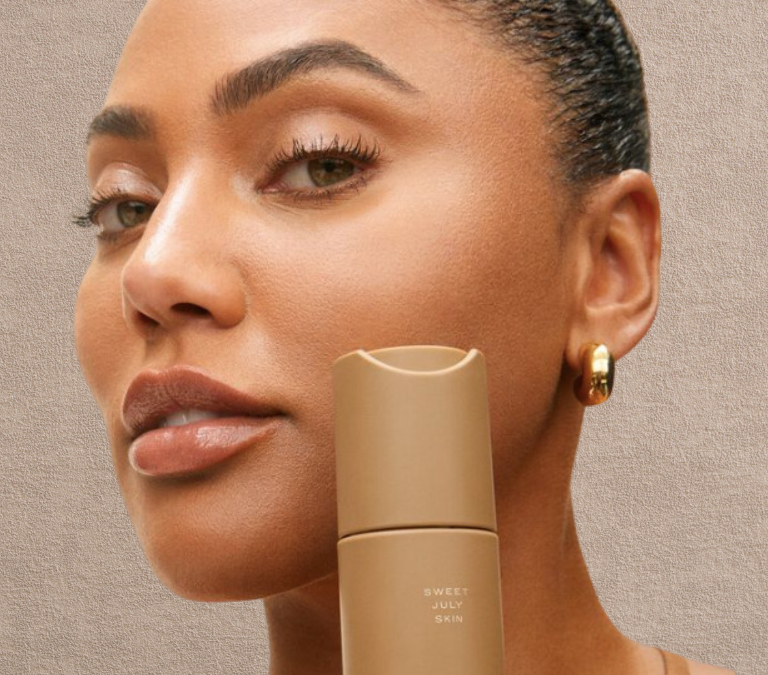
The skin barrier is what is known as your body’s first line of defense. It plays a crucial role in preventing water loss from the skin, keeping away irritants and allergens from penetrating and protecting your cells from harmful UV rays, toxins, and pollution. When the skin barrier is damaged, it can lead to dry, itchy skin or even more serious conditions such as dermatitis, eczema, etc. Now that you know how important your skin barrier is, let’s dive into more detail.
[SEE ALSO: Is Your Vitamin C Oxidized?]
Structure Of The Skin Barrier
The skin barrier is the outermost layer of your skin and it is also known as the stratum corneum. If you look at it under a microscope, it looks like a structure of brick and mortar, where cells act as bricks and lipids and other molecules act as mortar:
- Skin Cells: These compose most of the skin barrier and are called corneocytes because they are dead cells filled with keratin. Corneocytes are stacked up to 18-20 layers deep but they are constantly shedding and replaced by cells from lower layers.
- Lipid Matrix: This is composed of a blend of different types of ceramides, fatty acids, and cholesterol. The lipid matrix is an important part of the skin barrier because it prevents water from evaporating from your skin and it is also what keeps skin cells tightly bound or glued together to form a barrier.
- Natural Moisturizing Factors: These are a group of molecules composed of amino acids, lactic acid, sugar, and others. They are key to retaining skin moisture in all the layers of the stratum corneum.
- Skin Microbiota: Although the skin acts as a physical barrier to prevent external pathogens, it is also home to millions of bacteria, fungi, and viruses that compose the skin microbiota. Similar to those in our gut, skin microorganisms have a key role in the protection against invading pathogens and our immune system.
How To Take Care Of Your Skin Barrier
Exfoliating the skin too regularly, over-washing, or using irritating products can damage your skin barrier. Here are some tips to protect it:
- Clean your skin with gentle soaps and cleansers. Cleansing is an important step in skin health, as accumulated grime from the day can negatively affect the skin, causing irritation. However, the use of harsh products can strip away lipids from the stratum corneum and damage the skin barrier. Thus, stick to pH-balanced cleansers and avoid long, hot baths or showers.
- Moisturize your skin: The skin barrier function can be compromised when your stratum corneum lacks proper hydration. That’s where moisturizers come in as they can hold water in your skin barrier. Most of them contain ingredients such as glycerin, hyaluronic acid, and urea that pull water into the skin, helping to keep it smooth and elastic.
- Protect it from the sun: Exposing your skin to harsh UV rays can also disrupt your skin barrier and cause premature aging. Photodamage can lead to wrinkles, pigmentation problems, sagging, changes in texture, and a variety of other issues that are associated with premature aging. Always avoid the sun during peak times, use protective clothes and broad-spectrum sunscreen from at least SPF 30.



